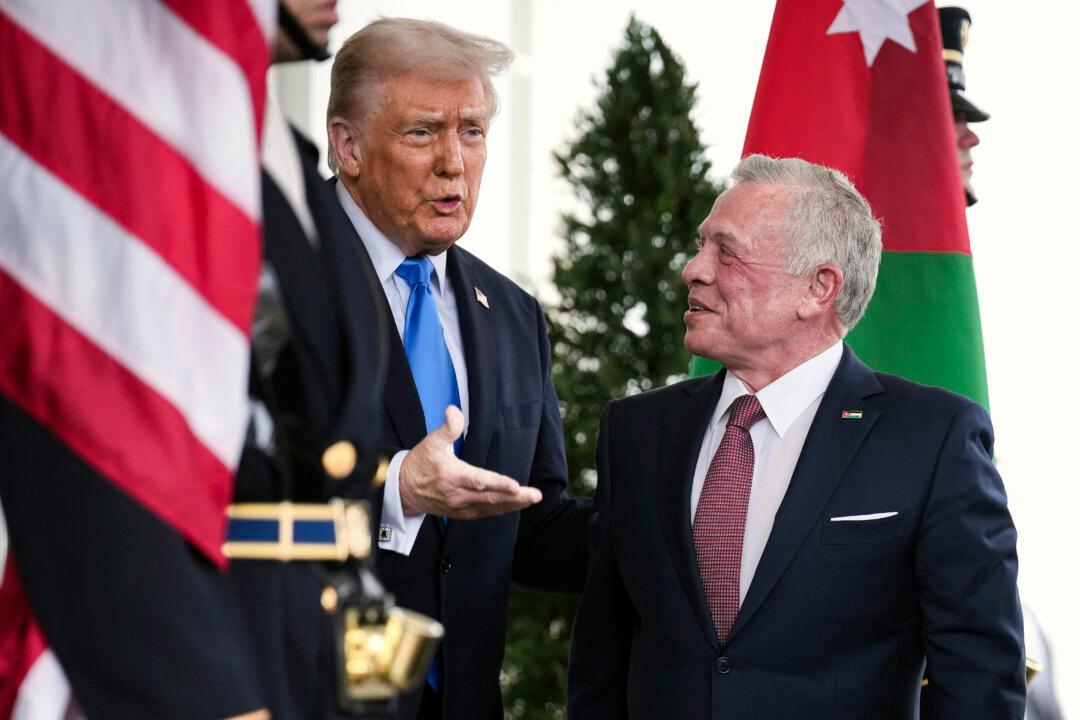WASHINGTON—As he hosted Jordan’s King Abdullah II at the White House on Feb. 11, President Donald Trump said he has the authority to order a U.S. takeover of the Gaza Strip and taxpayer dollars won’t be needed to obtain the land.
“We’re not going to buy anything. We’re going to have it. We’re going to keep it, and we’re going to make sure that there’s going to be peace,” Trump said, as he addressed reporters at the White House on Feb. 11, while sitting alongside the Jordanian monarch.






